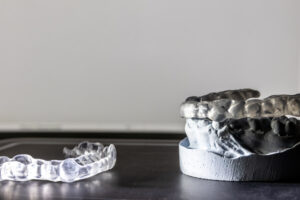 TMJ disorder and bruxism are two very different, but often related, oral health issues. Without treatment, they can lead to painful symptoms and injured teeth. But we can help! In today’s blog, your Grand Prairie, TX, dentist talks about treating TMJ disorder and bruxism.
TMJ disorder and bruxism are two very different, but often related, oral health issues. Without treatment, they can lead to painful symptoms and injured teeth. But we can help! In today’s blog, your Grand Prairie, TX, dentist talks about treating TMJ disorder and bruxism.
Looking For Spring Fun In Grand Prairie?

Do you have anything planned for this weekend? If not, then we can help with a focus on community events. We’re looking at things happening this weekend and throughout the month in Grand Prairie, TX. In addition, we can offer care to ensure your show up at events like these with a smile that shines!
How Does Preventive Dentistry Safeguard Your Smile?
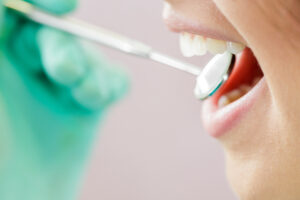 To keep serious issues like tooth decay and gum disease at bay, we offer a preventive approach to your dental care. What starts with a simple checkup and cleaning can safeguard your smile! In today’s blog, your Grand Prairie, TX, dentist talks about how we help protect your smile from issues ranging from tooth decay to gum disease and tooth loss with preventive dentistry.
To keep serious issues like tooth decay and gum disease at bay, we offer a preventive approach to your dental care. What starts with a simple checkup and cleaning can safeguard your smile! In today’s blog, your Grand Prairie, TX, dentist talks about how we help protect your smile from issues ranging from tooth decay to gum disease and tooth loss with preventive dentistry.
Do You Snore Every Night?

If you snore on a regular basis, this could interrupt the sleep of both you and your significant other. Chronic snoring could also be linked to a serious disorder known as obstructive sleep apnea. In today’s blog, your Grand Prairie, TX, dentist talks about our approach to treating snoring and sleep apnea, so you can enjoy a better night’s rest and feel more alert the next day. Don’t let a common issue like snoring impact your overall quality of life, talk to our team about a possible solution with our oral appliances!
Enjoy A Complete Smile Again With Prosthetic Dentistry
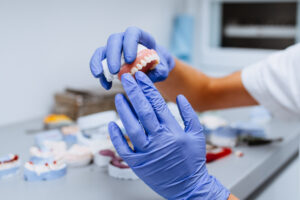
When you begin to lose your teeth, we want to offer a replacement option that looks natural and blends with your smile. With prosthetic dentistry, we have multiple options to take on minor and even advanced cases of tooth loss. In today’s blog, your Grand Prairie, TX, dentist talks about our approach to prosthetic dentistry and how we can help you obtain a complete smile again!
Dental Crowns Restore Your Smile With Lifelike Results
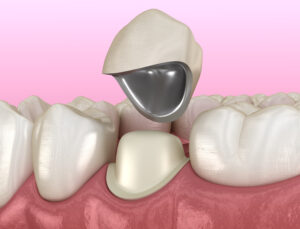
If you have a tooth that is cracked or chipped, or one that is misshapen or suffering from advanced tooth decay, then you need a restoration. With a dental crown, our team can provide results that look natural but protect your tooth for years to come. In today’s blog, your Grand Prairie, TX, dentist talks about our natural-looking dental crowns.
A Root Canal Could Save Your Aching Tooth

When you have pain in your tooth, this could mean a severe case of tooth decay or even the onset of a dental infection. Regardless, you need endodontic care to save the tooth and stop the discomfort. In today’s blog, your Grand Prairie, TX, dentist explains how we help smiles with a root canal procedure so you can avoid discomfort and the risk of tooth loss!
What’s Happening In Grand Prairie?

Have you made any plans for this weekend? If not, we can help! In today’s blog, your Grand Prairie, TX, dentist is looking at fun events happening this weekend and the month to come. If you want to attend events like this with a shining smile, don’t forget to schedule an appointment with our team!
Dental Fillings Put A Stop To Toothaches
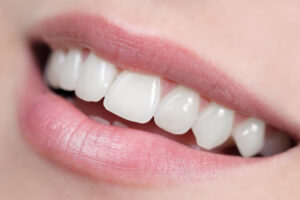 When you have a toothache and the pain doesn’t subside after a day or two, then you could have a cavity. In this situation, you need a restorative treatment to avoid the risk of worsening pain and infection. With a dental filling, we can stop discomfort and prevent infection! In today’s blog, your Grand Prairie, TX, dentist talks about placing our dental fillings.
When you have a toothache and the pain doesn’t subside after a day or two, then you could have a cavity. In this situation, you need a restorative treatment to avoid the risk of worsening pain and infection. With a dental filling, we can stop discomfort and prevent infection! In today’s blog, your Grand Prairie, TX, dentist talks about placing our dental fillings.
What To Expect From A Full Mouth Rehabilitation

What if you have serious issues with your smile, including tooth decay, infection, or even missing teeth? Instead of simply living with these concerns, we could help with a full mouth rehabilitation. In today’s blog, your Grand Prairie, TX, dentist talks about how we can rebuild your smile!







